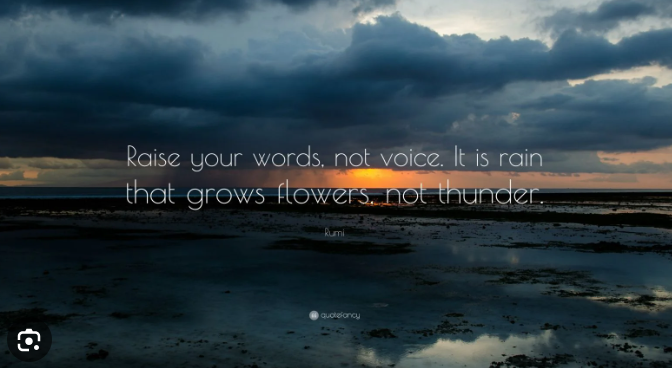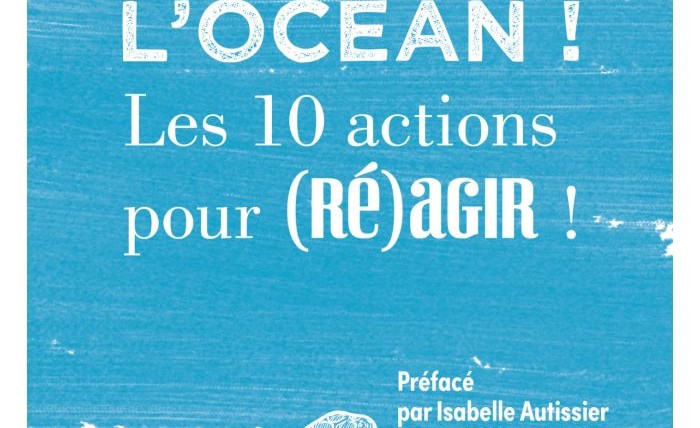Message from Guy Ryder, Director-General of the ILO, on the occasion of World Environment Day
Climate change is real, and its effects are becoming increasingly devastating for the economies of countries and the lives and well-being of human beings. Over the past ten years, climate disruption and extreme weather events have caused unprecedented damage around the world, destroying infrastructure, disrupting economic activity, destroying jobs, breaking lives, and proving more lethal than ever.
The world of work has reasons to be concerned.
It is the Small Island Developing States (SIDS) that bear the heaviest burden and are the most threatened. Indeed, their location in regions prone to tropical storms, their topography characterized by low elevation, and the fact that their freshwater resources are threatened by saltwater intrusion make them extremely vulnerable. The most affected sectors—tourism, agriculture, and fishing—are those on which their economies depend and that employ their workers. Generally speaking, these small island developing states lack the necessary resources to protect themselves against these phenomena, even temporarily, to buy time in the face of rising sea levels. Climate change is already threatening the very existence of many of them.
What is happening today in the small island states and other exposed countries like Bangladesh and the Philippines is a preview of the fate that awaits most countries if the average global surface temperature rises above 2°C by the end of the century, a scenario toward which the world is heading. Studies by the ILO and other competent organizations such as the OECD and the World Bank all reach the same conclusion: uncontrolled—potentially irreversible—climate change will further hinder economic growth and employment.
Yet, a different future, offering better prospects for development and employment, is possible. Socially, greening the economy holds great promise: it could be a new engine for growth, both in advanced and developing countries, and it could generate decent jobs, significantly advancing the fight against poverty and social exclusion.
The greening of businesses, conducive to the creation of green jobs, will support the emergence of an ecologically sustainable, competitive, and low-carbon economy that will contribute to the fight against climate change. It can enhance the resilience of vulnerable countries and communities. If well-managed, the transition to an ecologically and socially sustainable economy can greatly contribute to the creation of higher-quality jobs, social justice, and the eradication of poverty.
Around the world, the ILO and its constituents have raised their voices to deliver their message loud and clear: sustainable development is only possible with the active participation of the world of work. Actors in the world of work—governments, employers, and workers—are not passive observers, they are agents of change, capable of designing new ways of working that preserve the environment for current and future generations, eliminate poverty, and establish conditions conducive to social justice by creating sustainable businesses and decent work for all.
Their voice and commitment are more necessary than ever in this crucial period. Over the next 18 months, governments will need to conclude a new global agreement on climate change. The world of work must influence the decision-making process, and participate in the greening of businesses and workplaces, as well as in strengthening their resilience to climate change. The role the ILO will play in the transition to a low-carbon sustainable development model is what will distinguish its second century of activity from the first.
Source: ilo




